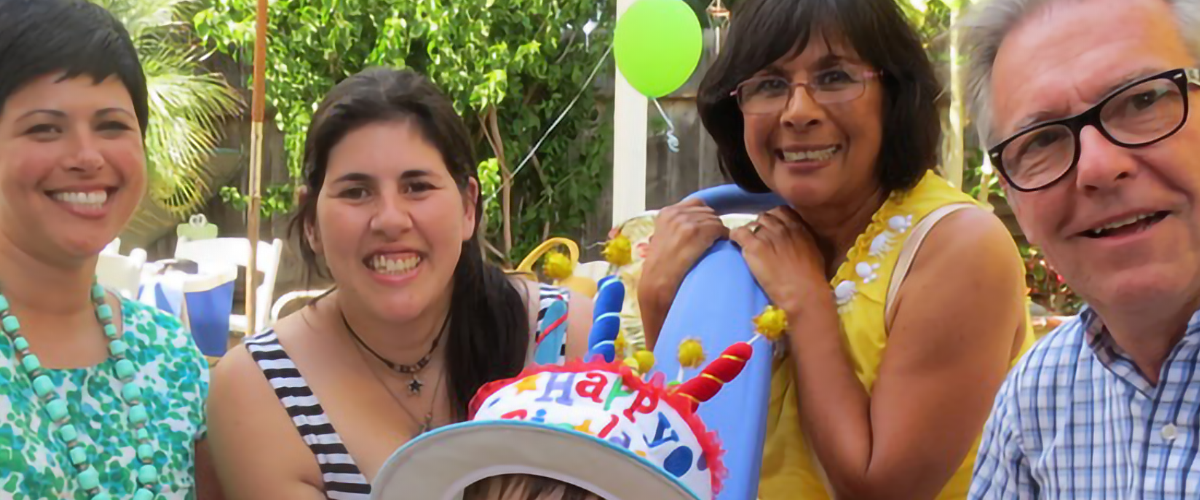When Carl Shotwell was exploring graduate programs, he came across a fellow in Andy Berglund’s lab at the Center for NeuroGenetics at the University of Florida, who described the work she was doing on myotonic dystrophy. He became fascinated with the disease and later joined Berglund’s lab. “What was interesting to me was the complexity of the disease. There are problems at the DNA level, the RNA level, and the protein level,” he said. “What excited me was trying to wrap my head around it because it has such a devastating effect on patients.”
Carl, now a third-year Ph.D. candidate at UFL's Center for NeuroGenetics, continues to work in Berglund’s lab, which is now part of The RNA Institute at the University at Albany in New York. MDF, in partnership with MDF UK, awarded Carl a 2019 Fellowship to support his research. Carl’s research focuses on the role muscleblind-like (MBNL) proteins play in myotonic dystrophy and to explore whether the synthetic proteins he has developed to tease out the function of MBNL may represent a potential therapeutic strategy to disrupt the disease process. The two-year fellowship will provide $55,000 in total funding to support his work.
MBNL proteins are master regulators of RNA, which carries instructions from DNA for controlling the synthesis of proteins. DM1 is caused by a triplet repeat expansion in the non-coding portion of the DMPK gene, which produces the myotonic dystrophy protein kinase.but it is believed to play a critical role in muscle, heart and brain cells. DM2 is caused by a different repeat expansion in the CNBP gene. The CNBP protein is found through out the body but is abundant in heart and skeletal muscles.
The repeats produce toxic RNA that interferes with the normal function of MBNL. These repeats act like a sponge and soak up the available MBNL and prevent it from acting as it should. The first part of Carl’s research is to better understand how MBNL works by creating a variety of synthetic proteins that can mimic parts of MBNL to tease out their function.
The second part of Carl’s work will build on that to test the synthetic proteins he has engineered to see if they will preferentially link to the toxic repeats and prevent them from interfering with the proper functioning of MBNL. If the early work is successful, he hopes to be able to advance the synthetic proteins into mouse models of DM to see if they exhibit therapeutic benefits.
As Carl’s began working on DM, he attended the the International Myotonic Dystrophy Consortium 11 and the MDF Annual Conference in 2017. He said those were life-changing experiences for him because he met with patients and their families, which helped him to see the suffering caused by the disease and connect his research to actual patients. It was something the researcher could relate to from his personal experiences. When he was 13, Carl fell 46 feet in a rock-climbing accident that resulted in multiple broken bones. Surgery repaired his shattered knees, but he spent four months in a wheelchair before progressing to a walker for three months and crutches for four more months. During that time, he relied on his mother’s help to do everyday tasks from getting into bed to using the bathroom.
“I felt a connection with patients as I have some personal, albeit less devastating, experience with muscle loss and having to depend on others to take care of you,” he wrote in his fellowship proposal. He said meeting patients of myotonic dystrophy helped him realize that the problems he had faced were nothing compared to the lifelong challenges that DM patients face. That, he said, has increased his drive for his research.
“We are going to need a lot of people to continue researching this to find creative solutions,” he said.
Carl is not the first MDF Fellow to come from the Berglund Lab. Past Berglund Lab recipients include Kaalak Reddy (2017).

